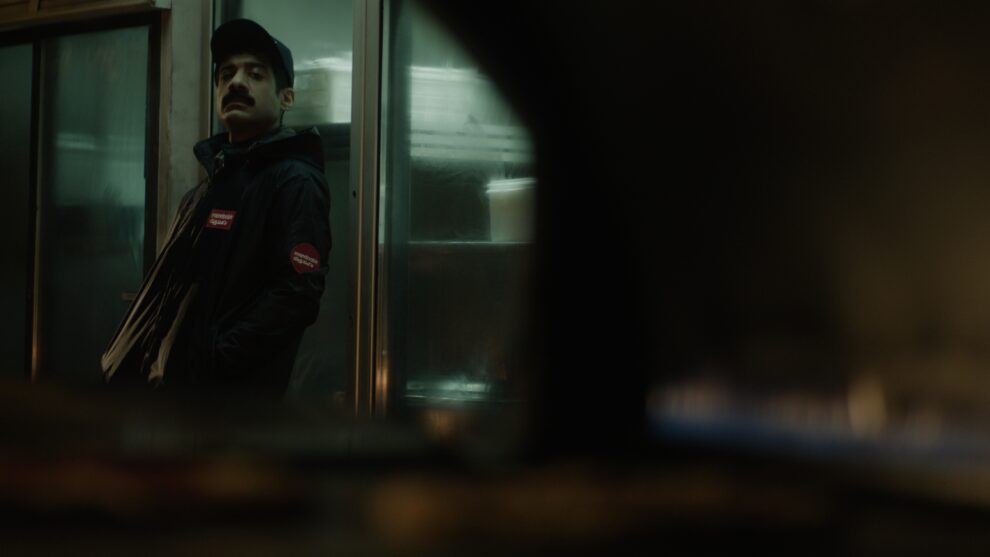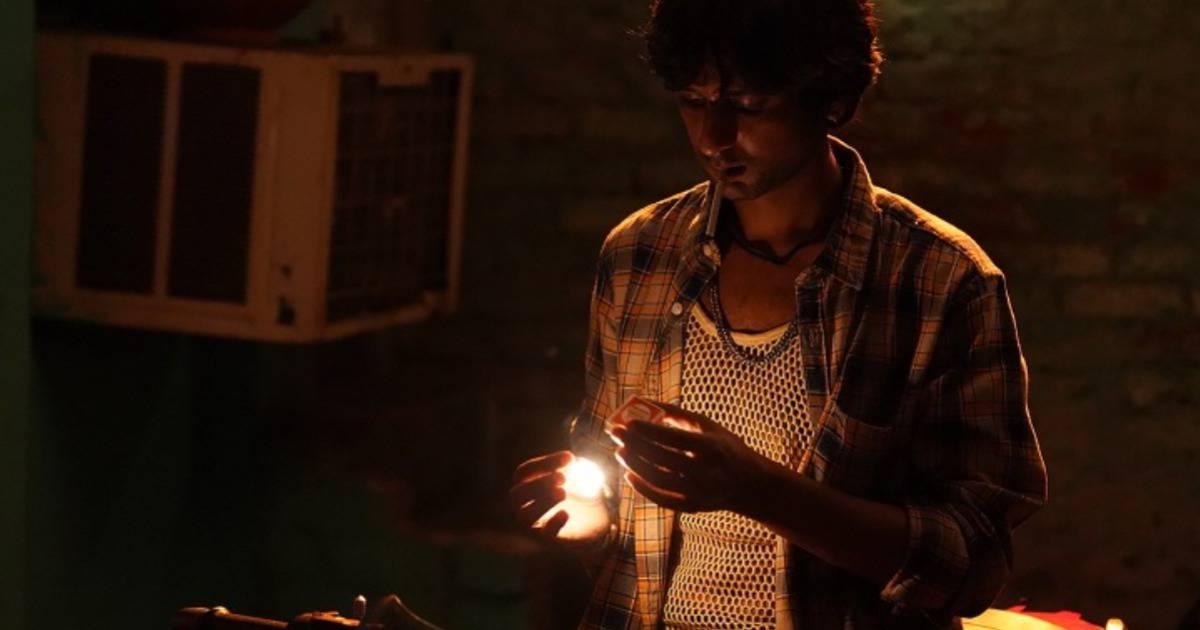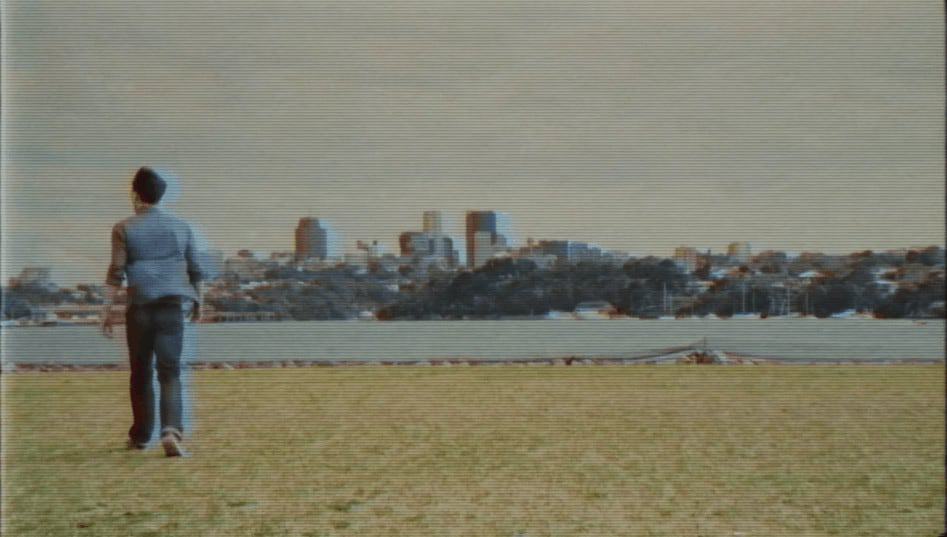Saudi film director and writer Ali Kalthami began his career making digital series including “AlKhallat”, which ran for a decade and was later adapted by Netflix. In 2016, he moved into cinema with his short film “Wasati”; his feature-length thriller “Mandoob” was one of two produced by Telfaz11, a Riyadh-based content creator he helped establish, and premiered at this year's Toronto Film Festival.
Mandoob is screening at Red Sea Film Festival

Fahad Algadaani is a mentally unstable man who works at a call center, but gets repeatedly in trouble for being late or ignoring the pleas of customers. Inevitably, eventually he gets fired, with his reaction to this decision highlighting his instability in the harshest fashion. At the same time, Fahad has to take care of his ailing father and feels the need to protect his divorced sister, who is looking to become an entrepreneur and does not particularly value his involvement in her life. In a financial binge, and feeling betrayed when an ex-colleague whom he thought he could date makes it painfully obvious that she does not see him that way, he takes an opportunity to become a transporter of illegal bootleg, in order to finally make some money and stay out of prison. His endeavor, however, proves much more dangerous than he expected.
Probably the best aspect of Ali Kalthami's direction is the overall neo-noir atmosphere he creates, where danger seems to lurk all over the place, either deriving from the criminal underbelly Fahad eventually stumbles upon or his own mental instability which frequently makes him violent and unreasonable, and has him constantly lying. This last aspect in particular is excellently implemented throughout the story, creating a very appealing sense of disorientation about what is actually happening, and even more, what will happen next, and also manages to cover some of the plot holes here and there, in a way that ends up being quite entertaining.
Apart from the directorial prowess in that regard, the movie definitely benefits from the astonishing acting of its protagonist, with Mohammed Aldokhei highlighting all the different feelings and psychological statuses his character experiences in the most eloquent fashion. Either with his words, body stance, or rather expressive eyes Aldhokhei is a true powerhouse and a reason by himself to watch “Mandoob”.
Also of interest are the comments Ali Kalthami makes throughout the film. That there are still poor locals in one of the richest countries in the world emerges as the most obvious one, but the ones about bootlegging in a country where the laws are draconian, the issues Uber drivers face all over the world and even some for public transportation are all well presented here, resulting in a movie that is contextually rich too.
Ahmed Tahoun's cinematography captures “the life” in Riyadh in the best fashion, with his images and the combination with the lighting and coloring dictating the neo-noir aesthetics of the movie. The few scenes of voyeurism are also impressively implemented, in an overall rather competent work. Fakhreddine Amri's editing adds to the sense of disorientation the story emits, while the relatively fast pace suits the overall aesthetics nicely. Some editing choices, in combination with the occasionally not so logical script do become a bit more confusing than intended, but as a whole, the whole thing works quite well.
“Mandoob” is an excellent film, equally entertaining, well-shot and interesting contextually, and a definite sign of the progress Saudi cinema is making.















